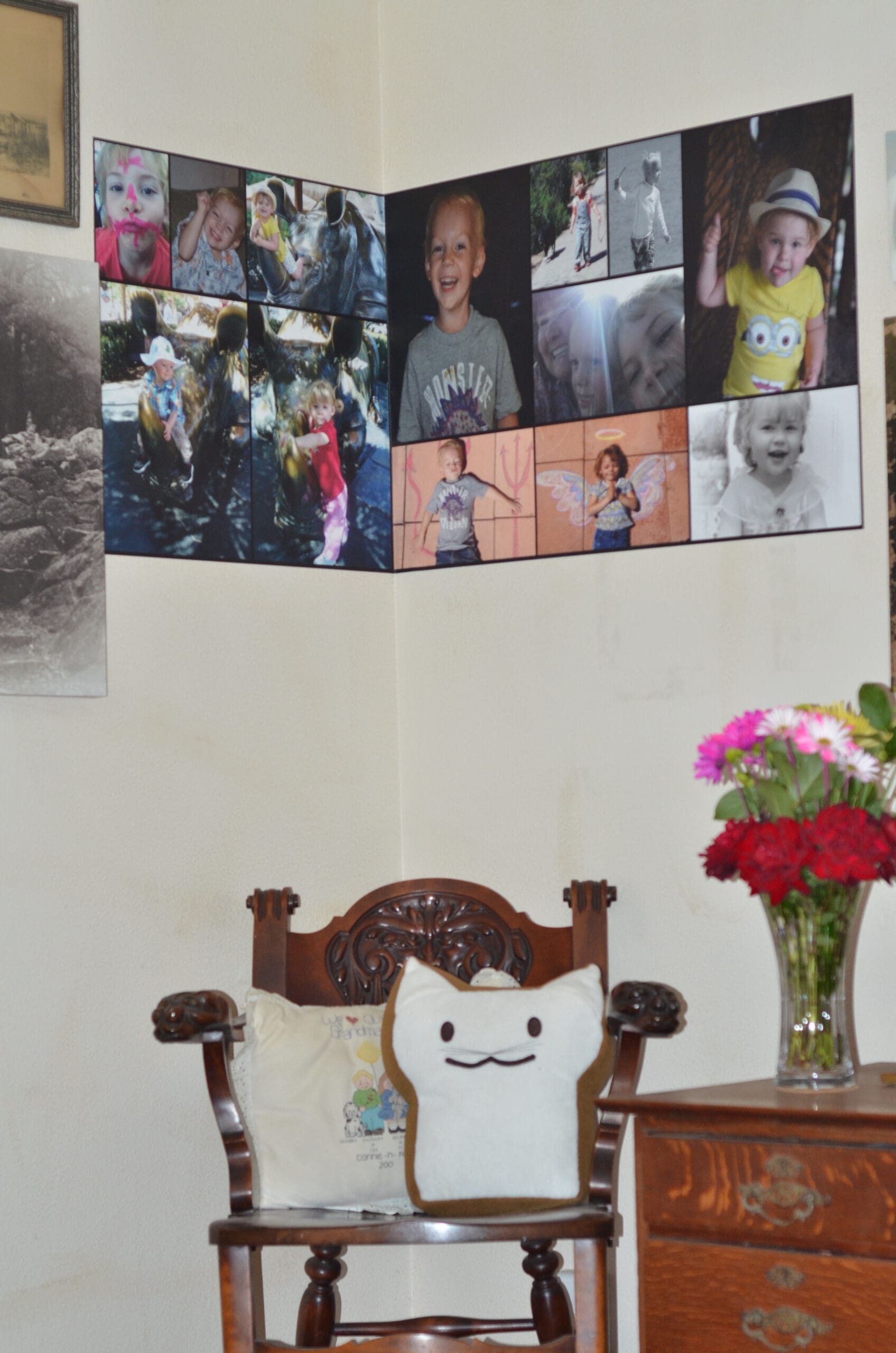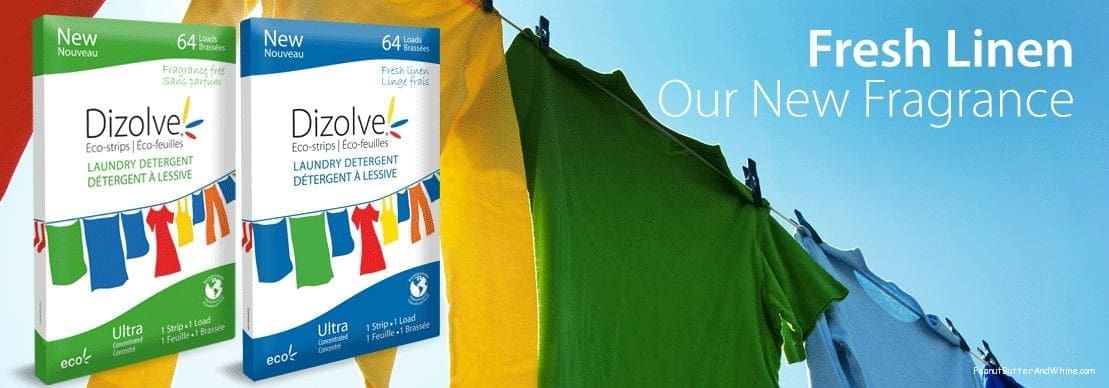Do You Need Organic Baby Bedding?
If you hear the word “organic” in the context of a conversation about babies, the first thing that probably comes to mind is food. In recent years there has been a heightened awareness of the potential impact of pesticides and other chemicals in food, especially for growing children. Food isn’t the only source of possible environmental contaminants, however. The same pesticides that are used to grow food crops are also used on cotton and other plant-based fibers that are made into baby mattresses, sheets, and blankets. It stands to reason that if you’re concerned about chemicals your baby might ingest, you also don’t want your baby sleeping on – and breathing in – these kinds of toxins.
Protecting the Most Vulnerable
Parents want to give their babies the best possible start in life, and minimizing their exposure to harmful substances in their environment is one way to do that. It has long been known that babies’ skin is more sensitive than adults’. Conventional bedding may increase the likelihood that babies will experience rashes, dryness, and other adverse effects from environmental contaminants. Given the number of hours infants spend sleeping, particularly in the first few months, they also have a good deal more exposure to their bedding than adults do. Purchasing certified organic mattresses and sheets can help to limit your baby’s exposure to airborne toxins.
From Crop to Crib
Like all other products, baby bedding must be officially certified organic in order to ensure that it’s been produced without pesticides. This isn’t all there is to organic bedding, however. The processes of organic farming, harvesting, and production have other positive impacts on both producers and consumers. Using only natural pest-control measures protects those who harvest and process the materials that go into your baby’s bedding from exposure to pesticides. Natural fertilizers and crop-rotation strategies produce healthier, more productive soil. Organic farming methods are more consistent with the earth’s natural cycles and processes, so buying certified organic bedding for your little one benefits the environment as well as your family.
Worth the Cost?
The main drawback to organic bedding is that it is costlier than conventional alternatives. While price doesn’t necessarily dictate the quality of a product, you are likely to spend a bit more if you buy organic. Cost is a relative factor, however. It can be argued that the long-term costs of compromising a child’s health and the well-being of the planet are far greater than the short-term expenditure involved in purchasing “clean” bedding for your child.
As with any other product you buy for your infant, you should research your options carefully before selecting bedding for your child. If keeping your baby’s environment as natural as possible is a priority for your family, organic may be the best way to go.


